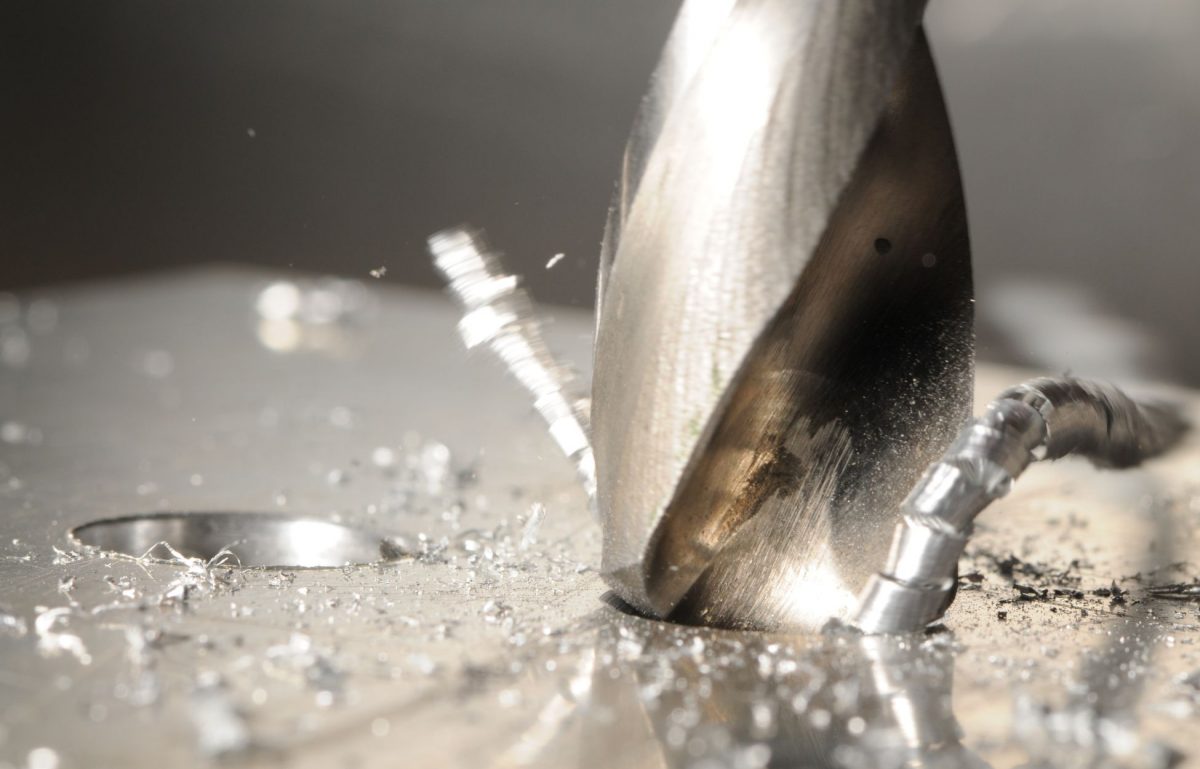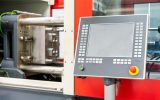Drilling on construction sites inevitably produces noise, which can become a disturbance to the community. Implementing noise reduction techniques is crucial to minimize disruption and maintain a more conducive working environment. Let’s explore those noise reduction methods to see what to try while drilling.
Choosing Low-Noise Equipment
One of the primary ways to reduce noise is to select low-noise equipment. Many modern drills come with built-in features to dampen sound without compromising performance. In fact, the core drilling method reduces noise and disruptions since it uses less power to generate noise. Compared to traditional drilling methods, core drilling and using low-noise equipment keep the environment peaceful while working.
Exploring Alternative Drilling Techniques
If core drilling isn’t viable, there are other techniques you can use. One method to try for quieter operations is directional drilling. This process is less intrusive and significantly reduces the noise level because it requires fewer passes and less mechanical interference with the drilling substrate.
Furthermore, using water-assisted drilling techniques can also dampen noise, as the water acts as a natural sound suppressor, reducing the decibel levels of the drilling process.
Consider these other methods if you’re looking for something a little more specific.
Vibratory Drilling
This is a pulsing process that penetrates through layers and lowers noise. It’s better than traditional impact drilling.
Electric Drilling
Electric-powered drills generate less noise compared to their pneumatic or hydraulic counterparts, making them quieter alternatives for construction sites.
Soft-Start Controllers
Tools equipped with soft-start technology gradually increase their power, reducing the initial noise shock commonly associated with starting heavy-duty drills.
These methods not only help reduce noise pollution but also achieve a more efficient and precise drilling outcome.
Using Sound Barriers and Enclosures
Constructing temporary sound barriers or using prefabricated enclosures around the drilling area can significantly block noise from spreading. Materials like mass-loaded vinyl can absorb and block sound like a muffler.
Maintaining Drilling Equipment
Regular maintenance of drilling equipment keeps them operating smoothly, leading to less noise output. Ensure that you lubricate drills and check for worn parts often. This way, you can replace them when needed. A well-maintained drill is less likely to produce unnecessary noise, and core drilling equipment is especially receptive to optimal care.
Scheduling Drilling Activities
Scheduling drilling activities can help minimize the impact of noise throughout the day. Plan to do noise-intensive tasks during times when they’ll be least disruptive, such as around midday. This idea might not reduce the decibel level per se, but it mitigates the overall noise disturbance. And it keeps the community members on your side.
Noise reduction in drilling relies heavily on various methods. These include careful planning, accurate technique, and selecting the right tools and equipment. By adopting these strategies, you can significantly decrease noise, enhancing the quality and efficiency of the work. Make the workplace a better environment with less noise pollution.













